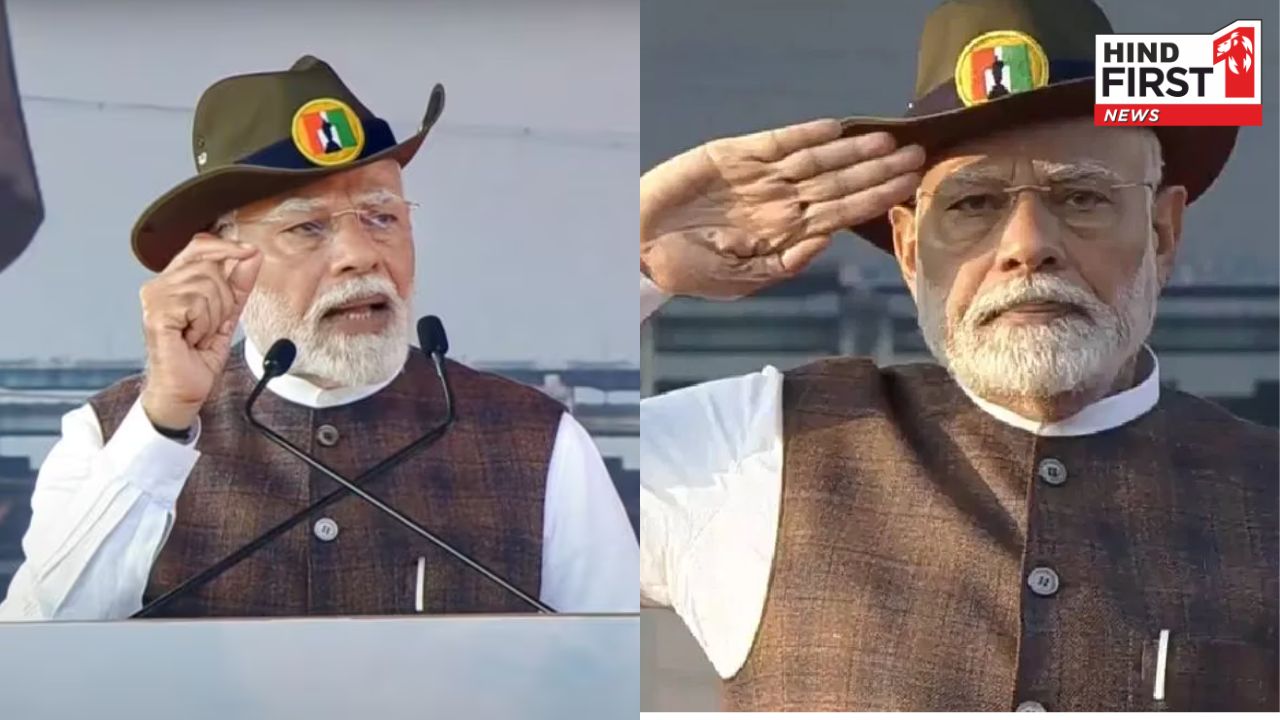On National Unity Day, PM Modi Emphasizes Unified Elections and Honors Sardar Patel
National Unity Day: On October 31, Prime Minister Narendra Modi commemorated National Unity Day near the iconic Statue of Unity in Kevadia, Gujarat. The event honored the legacy of Sardar Vallabhbhai Patel and underscored the significance of unity and national integrity. PM Modi's speech highlighted key initiatives to strengthen India’s democratic foundation and unity.
One Nation, One Poll Initiative
Prime Minister Modi reaffirmed his commitment to the "One Nation, One Election" policy, which aims to synchronize the elections of the Lok Sabha and state assemblies. He explained that this initiative would not only streamline election processes but also conserve resources and strengthen India’s democracy. "We are now working towards One Nation One Election, which will bolster democracy and make the best use of resources," PM Modi stated.Advocating for a Uniform Civil Code
During his address, PM Modi also supported a Uniform Civil Code (UCC) across India. He stressed that a UCC could help eliminate discrimination and promote equality among citizens, fostering a more unified society.A Decade of National Unity Achievements
Reflecting on his government’s efforts over the last decade, PM Modi highlighted unprecedented achievements in uniting the nation. He emphasized that each government initiative should embody the spirit of unity, working towards a collective vision of progress. Modi likened the significance of National Unity Day to that of Independence Day and Republic Day.Honoring Sardar Patel’s Legacy
PM Modi announced a two-year celebration to honor the 150th birth anniversary of Sardar Vallabhbhai Patel, acknowledging his instrumental role in uniting the nation post-independence. He mentioned that Patel’s efforts were key in preventing India's fragmentation after gaining independence, marking his legacy as a foundation for India's unity today.Abrogation of Article 370
PM Modi criticized the previous administrations for not fully implementing the Constitution as envisioned by Dr. B.R. Ambedkar, attributing this delay to the presence of Article 370 in Jammu and Kashmir. He stated that Article 370, now removed, marked a historic change as it enabled voting without discrimination for the first time in J&K and the Chief Minister's oath-taking on the Constitution of India. “This is a tribute to the makers of the Constitution," PM Modi said, referring to the abrogation of Article 370 as a landmark achievement in unifying the country.Recognizing New Challenges to Unity
The Prime Minister also addressed contemporary challenges, notably mentioning the rise of 'urban Naxals.' He urged the public to identify and address these threats to unity, affirming that a united front is essential to counter such challenges. Also read: Ayodhya lit up with 25 lakh diyas, record made on the river of SaryuSummary
On National Unity Day, PM Modi honored Sardar Patel's legacy and reiterated his government’s vision for a unified India. Key initiatives highlighted included the "One Nation, One Poll" policy, the potential adoption of a Uniform Civil Code, and the historic abrogation of Article 370. By addressing new and old challenges, PM Modi emphasized that national unity remains central to India’s progress and prosperity. Next Story


